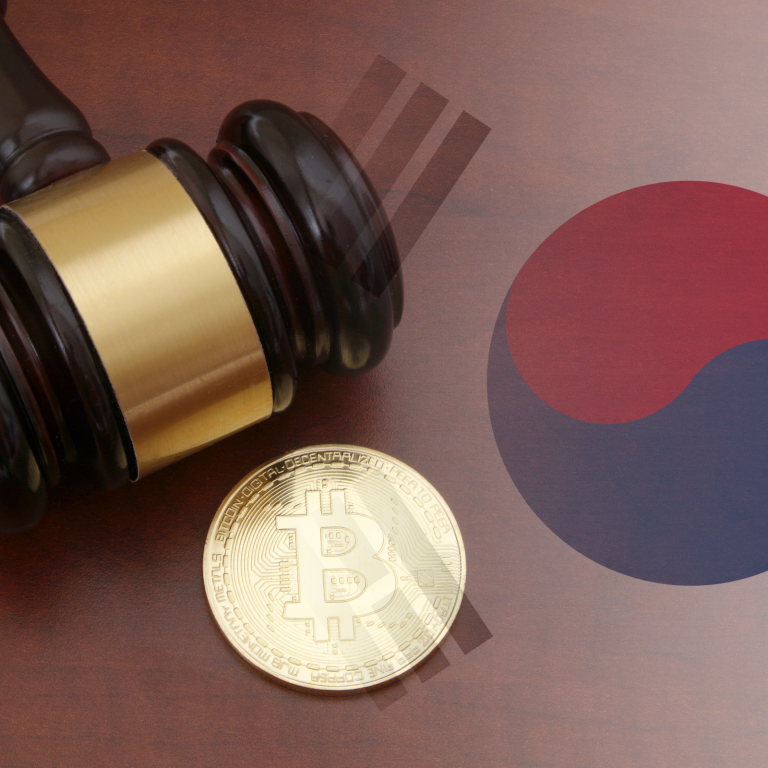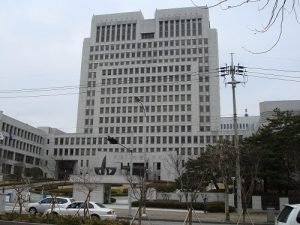
The South Korean Supreme Court has ruled that cryptocurrency is an asset with economic value that can be confiscated. In the case involving a porn site and 191 confiscated BTC, the country’s top court upheld a district court’s ruling.
Also read: Yahoo! Japan Confirms Entrance Into the Crypto Space
Supreme Court Has Ruled
<figure id="attachment_168274" style="width: 300px" class="wp-caption alignright">
<figcaption class="wp-caption-text">Supreme Court of South Korea.</figcaption></figure>
South Korea’s top court ruled on Wednesday that the government could confiscate cryptocurrencies as crime profits since they are assets with economic value.
The case involves Ahn, who operated an online porn site, and his 191 BTC that the prosecution confiscated, as news.Bitcoin.com previously reported. “This marks the first time a cryptocurrency has been subject to confiscation,” the Korea Times wrote.
With Wednesday’s ruling, “The Supreme Court recognized cryptocurrency as an ‘asset with measurable value,’” the publication detailed and quoted the Court stating:
The cryptocurrency is recognized to have value so it can be confiscated.
191 BTC Confiscated
“From 2013, Ahn distributed 235,000 obscene pictures online and made 1.9 billion won,” the news outlet described, adding that he “was arrested and indicted in May 2017 for violating the Protection of Children and Juveniles From Sexual Abuse Law.” Ahn was subsequently “sentenced to 18 months in prison and fined 696 million won by a lower court, confirmed by both a high court and the Supreme Court.”

When Ahn was arrested, the prosecution seized his 216 BTC, claiming that they “were earned illegally and urged they be seized as cyber assets,” the publication conveyed. However, a lower court ruled against them, “stating bitcoins only existed electronically and had no physical form.”
The prosecutors then appealed to a high court which “ruled in the prosecution’s favor, saying the cyber assets could be seen as profit earned from the trade in goods.” The high court ruled that 191 of “bitcoins [seized] were earned from the proceeds of crime,” and ordered them to be confiscated. At the time of this writing, this amount of BTC is worth over $1.4 million.
The publication quoted the high court explaining at the time:
If we return the bitcoins to Ahn, it will be giving him back profits that were earned illegally from running an online porn site.
“The Supreme Court upheld this ruling,” the news outlet reiterated, adding that this “will allow any cyber assets gained from illegal activity such as gambling, drug deals, pornography and prostitution to be confiscated.”
What do you think of the Korean Supreme Court’s ruling? Let us know in the comments section below.
Images courtesy of Shutterstock and Wikipedia.
Need to calculate your bitcoin holdings? Check our tools section.
The post Korean Supreme Court Rules Cryptocurrency Is Asset With Economic Value appeared first on Bitcoin News.
Posted from my blog with SteemPress : https://icoinfo.space/index.php/2018/05/29/korean-supreme-court-rules-cryptocurrency-is-asset-with-economic-value/
Source
Copying/Pasting full or partial texts without adding anything original is frowned upon by the community. Repeated copy/paste posts could be considered spam. Spam is discouraged by the community, and may result in action from the cheetah bot.
More information and tips on sharing content.
If you believe this comment is in error, please contact us in #disputes on Discord
Warning! This user is on my black list, likely as a known plagiarist, spammer or ID thief. Please be cautious with this post!
If you believe this is an error, please chat with us in the #cheetah-appeals channel in our discord.
This user is on the @buildawhale blacklist for one or more of the following reasons: